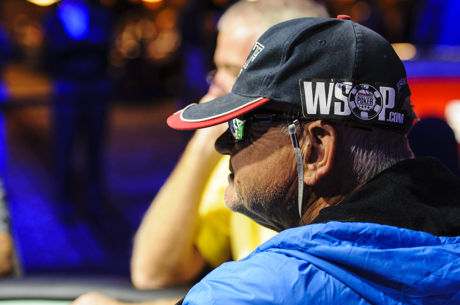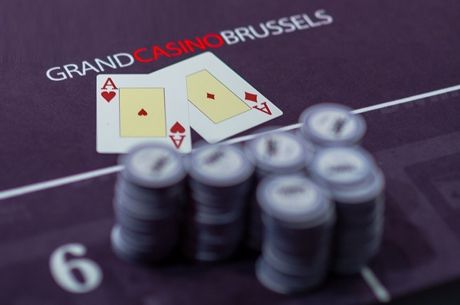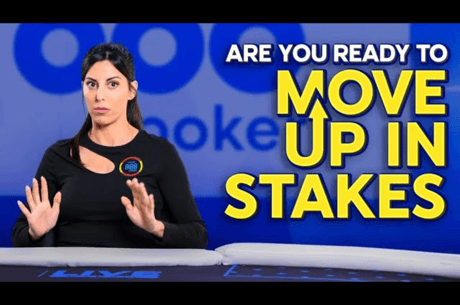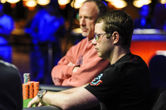Underbetting Strong Hands Can Pay Off More Than One Way
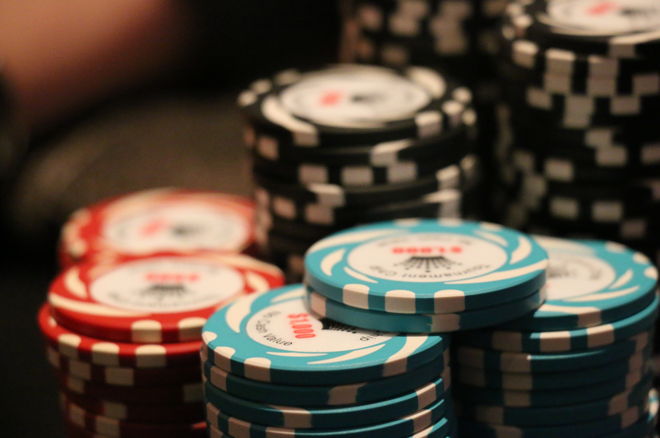
Covering live poker tournaments for a living affords me the opportunity to see countless thousands of hands played out, many of which offer interesting and potentially valuable insights into how players �� both amateurs and professionals �� play the game. In this ongoing series, I��ll highlight hands I��ve seen at the tournaments I��ve covered and see if we can glean anything useful from them.
The Scene
Another week, another hand from the $365 reentry event at the World Series of Poker Circuit Horseshoe Council Bluffs stop.
At this point in the tournament, there were around 35 players left out of 743, and a player with a massive stack of around 500,000 had just gotten moved to my table. He was likely the chip leader and appeared in the early going to be playing rather loose and aggressive. I had about 200,000 with the blinds at 4,000/8,000/1,000.
The Action
Action folded to me in the cutoff, and I put 13,000 in with 8?5?, thinking the blinds were still at the previous level. I was forced to make it 16,000 to go, and the loose-aggressive player with the huge stack defended his big blind.
The flop came Q?J?J?, and my opponent checked to me. I checked back. The turn was the 10?, and my opponent checked to me once again. I bet 15,000 and he called. On the 4? river, my opponent checked a final time and I bet 18,000. He made it 61,000, and I called.
The big blind showed Ax6x for ace-high, and the flush was good.
Concept and Analysis
To start this hand off, I make a fairly borderline open with 8?5?. This hand is an automatic open for me most of the time in the cutoff, but against a player who is defending wide and playing aggressively postflop out of the big blind, it can be tricky to play because it will make a lot of mediocre and weak pairs.
However, I'm still pretty confident I can make good decisions postflop against this player, and Q?J?J? is a pretty good flop for me that I decide to check back because I have a nice draw and don't want to get put in a tough spot by a raise.
When the 10? hits the turn and my opponent checks again, I figure it's time to go ahead and bet. For one thing, he would almost certainly bet at this point if he had anything. For another, my hand has little showdown value. Finally, it's what I would do with a number of decent value hands like QxXx.
My opponent calls, but my read hasn't changed. I'm still putting him on a weak hand like ace-high or a small pair. So, when I hit my flush on the 4? river, what's the best way to try to get value from my hand against a weak range?
I decided to make a very small underbet, 18,000 into a pot of around 75,000. For one thing, it's possible my opponent could pay the bet off with a hand as weak as ace-high. But against an aggressive player, there's another reason: it might induce a check-raise bluff if he doesn't think he can call and win, but thinks he might be able to get me to fold.
Sure enough, my opponent came out raising and I quickly snapped it off with the flush as he dumped his ace-six airball into the muck. I don't think raising the river is really much of an option, as his bluffs will just fold and there's not really anything weaker with which I can see him calling.
I also think my accidental min-raise may have helped me here as my opponent may have been more inclined to put me on a weaker hand.
Overall, this is a good example of how underbetting a strong hand against tricky, aggressive players can yield profits by inducing them to raise as a bluff. This player ended up blasting off his first-place stack in short order and not even making the 27-player redraw.
Unfortunately, it didn't help me much in the end �� as detailed in last week's article, I fizzled out shortly after the redraw myself and busted 20th.
Want to stay atop all the latest in the poker world? If so, make sure to get PokerNews updates on your social media outlets. Follow us on Twitter and find us on both Facebook and Google+!


